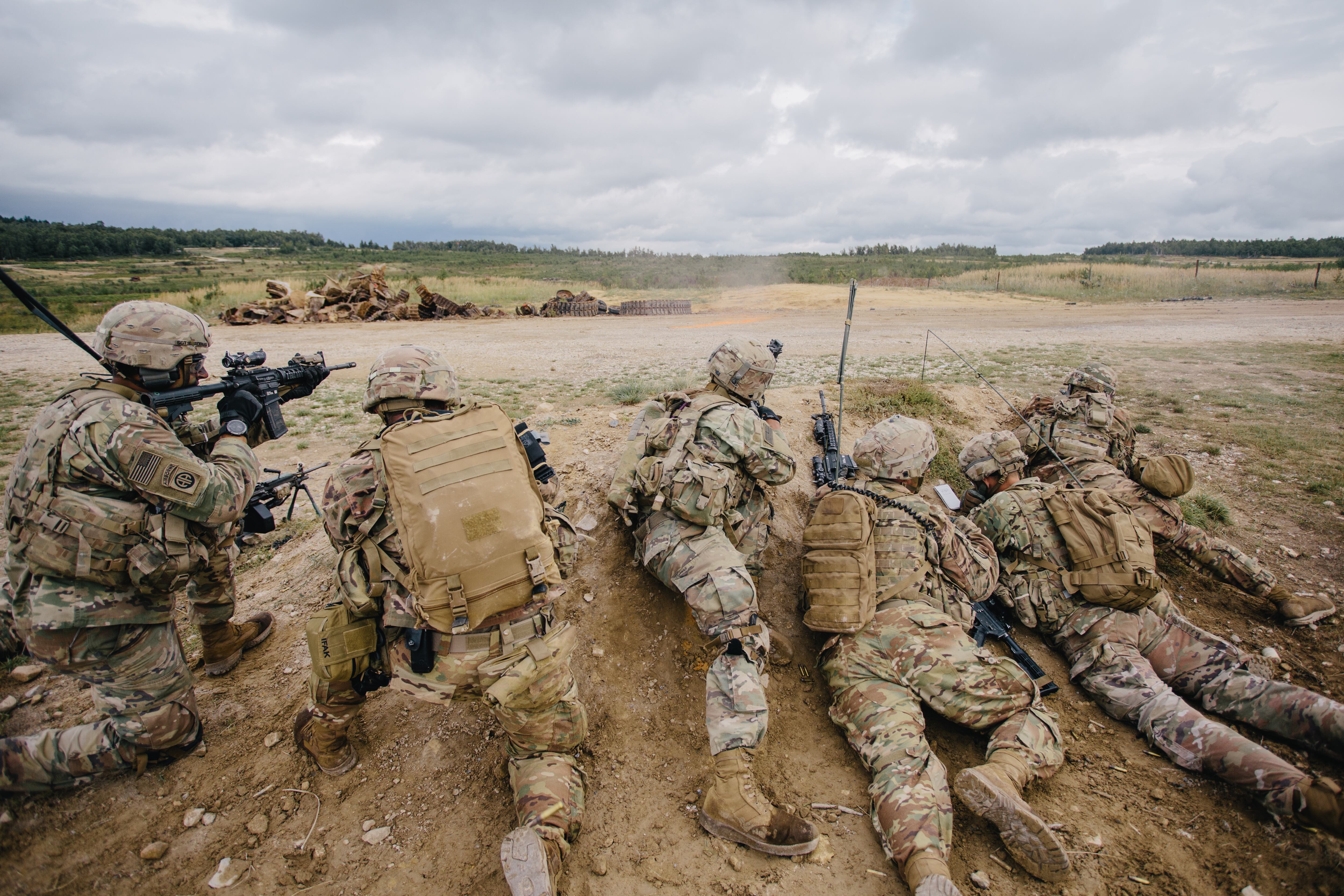As NATO undertakes its so-called reflection process decided by heads of state and government in London last December, which could lead to a new Strategic Concept, the alliance should boldly address new challenges to the very international system of norms and agreements that have carried it successfully through the past seven decades. This will require stretching NATO’s mission further and adopting a fourth core task, which we call “conserve stability.”
NATO Secretary General Jens Stoltenberg has already pointed the way in a recent Atlantic Council/German Marshall Fund virtual meeting by stressing the importance of political unity and making NATO a more global alliance to defend democratic values in a world of increasing global competition. Now the alliance must translate this vision into a new set of missions and find concrete ways to begin implementing them.
NATO’s three core tasks defined in the 2010 Strategic Concept are collective defense, crisis management and cooperative security. They remain valid but are no longer sufficient. The first task dominated during the Cold War. Crisis management was a response to terrorism and other threats emanating from the chaotic Middle East and North Africa. Cooperative security focused on strengthening partnerships to reduce instability in NATO’s neighborhood.
This proposed fourth task would be more global and political in nature, though it would carry some new military responsibilities. It responds to criticism from leaders like French President Emmanuel Macron and U.S. President Donald Trump that the alliance is losing its relevance in the face of new challenges from hybrid threats to democratic institutions and from Chinese assertiveness. The new task would begin to address the growing global division between democratic and autocratic regimes. It would focus as much on values as it would on common interests.
RELATED

The term “stability” connotes a broad requirement to stretch beyond traditional defense and security. Stability extends across the globe. The terms stability and international peace feature prominently in the Washington Treaty that created NATO; but to date, NATO’s scope has been more limited, and stability has been defined mostly as the absence of armed conflict.
In today’s interdependent world, political, economic, military, hybrid and even medical instability anywhere can impact security in NATO’s treaty area and beyond. Witness COVID-19: While NATO must engage globally to contribute to that broader stability, that does not mean NATO must be a global policeman, but it must have a global voice.
The term “conserve” is chosen to highlight the fact that the international laws, norms, institutions and agreements that have provided relative stability for democracies for many decades are under pressure and must be preserved. That requires more than military might.
Two elements of a task to conserve stability would be promoting the international rules-based order as well as safeguarding democratic values and human rights. Implementing these elements would be primarily a matter of vocal, political unity backed up when necessary by sanctions and other enforcement measures. This also points to closer cooperation with the European Union.
NATO already has conducted counter-piracy operations off the African coast and has programs in place to make democracies in the region more resilient. Connecting NATO more closely to democracies in Asia would be another critical part of this mission.
A third element of this task would be conserving and expanding arms control agreements and related initiatives. For example, NATO might press to renegotiate the defunct Intermediate-Range Nuclear Forces Treaty that limited missiles of intermediate range by limiting only those that carry nuclear warheads. The nuclear agreement with Iran might be renewed, extended and strengthened. And new military rules of the road, conflict prevention, transparency measures and incident management techniques might be agreed with both Russia and China.
But the heart of conserving stability might be a new responsibility for NATO to protect freedom in the global commons. That would include maintaining freedom of the seas and unimpeded passage through maritime chokepoints; avoiding a military buildup in space and in the Arctic; and curbing cyber operations that destabilize nations. International norms exist for much of the global commons, and NATO’s job would be to consolidate and reinforce those norms.
Implementing this element of conserving stability could range from a NATO partnership with the Arctic Council to joint NATO naval patrols designed to maintain freedom of navigation in places like the Strait of Hormuz (which is now conducted outside the NATO framework through separate U.S. and “European-Led Coalition In The Strait Of Hormuz” missions) and the South China Sea.
NATO would seek to implement the elements of this new core task as much as possible in coordination with other global and regional players. A united front in dialogue with Russia and China to preserve stability in the global commons and elsewhere can be effective. In doing so, NATO must stick together and act together to meet these new challenges to global stability.
NATO remains the world’s most successful alliance because it has been able to adapt to new challenges. Now it must adapt again to remain successful. This initiative would also allow the next American administration an opportunity to engage constructively with its allies and competitors alike on matters of common interest.
Hans Binnendijk is a distinguished fellow at the Atlantic Council and has held senior national security positions in the U.S. government. He helped prepare the 2010 NATO Strategic Concept. Timo S. Koster is ambassador at large for security policy and cyber in the Netherlands’ Ministry for Foreign Affairs, and an ambassadorial fellow at the Atlantic Council. He previously served as the director of defense policy and capabilities on the NATO International Staff. The views expressed in this article are his own and do not necessarily reflect the views of the Dutch government.








